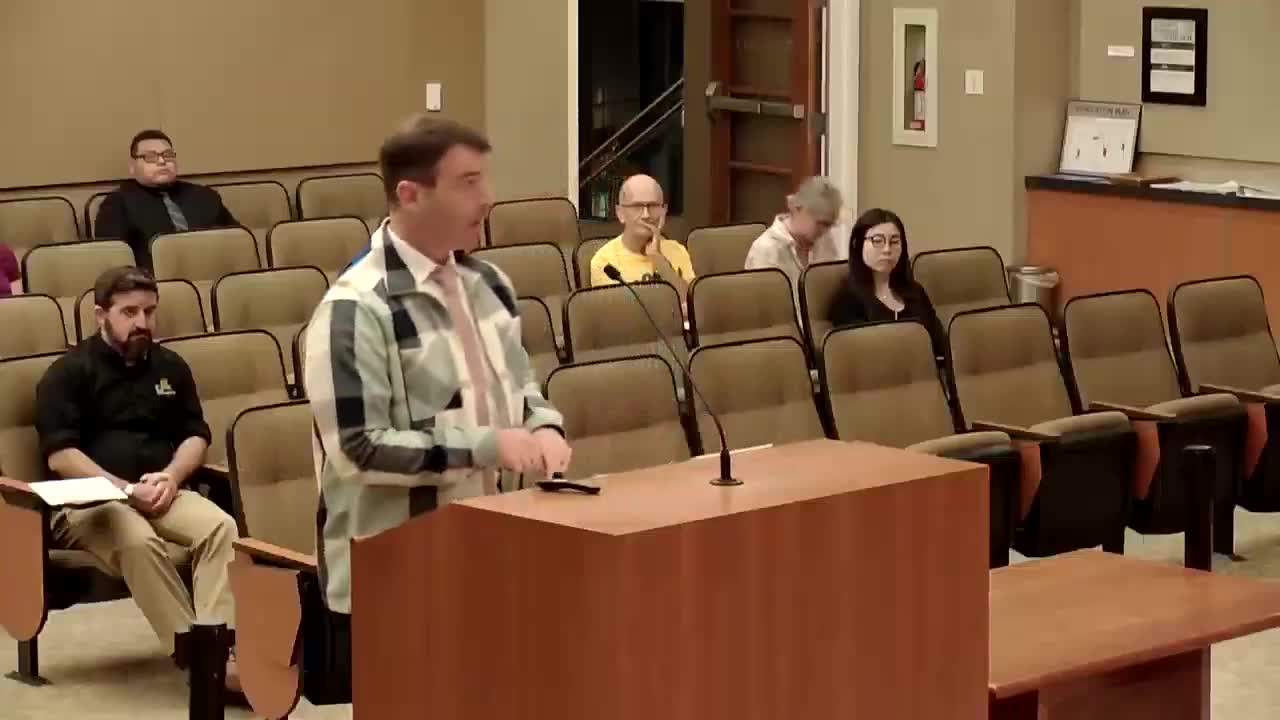Article not found
This article is no longer available. But don't worry—we've gathered other articles that discuss the same topic.
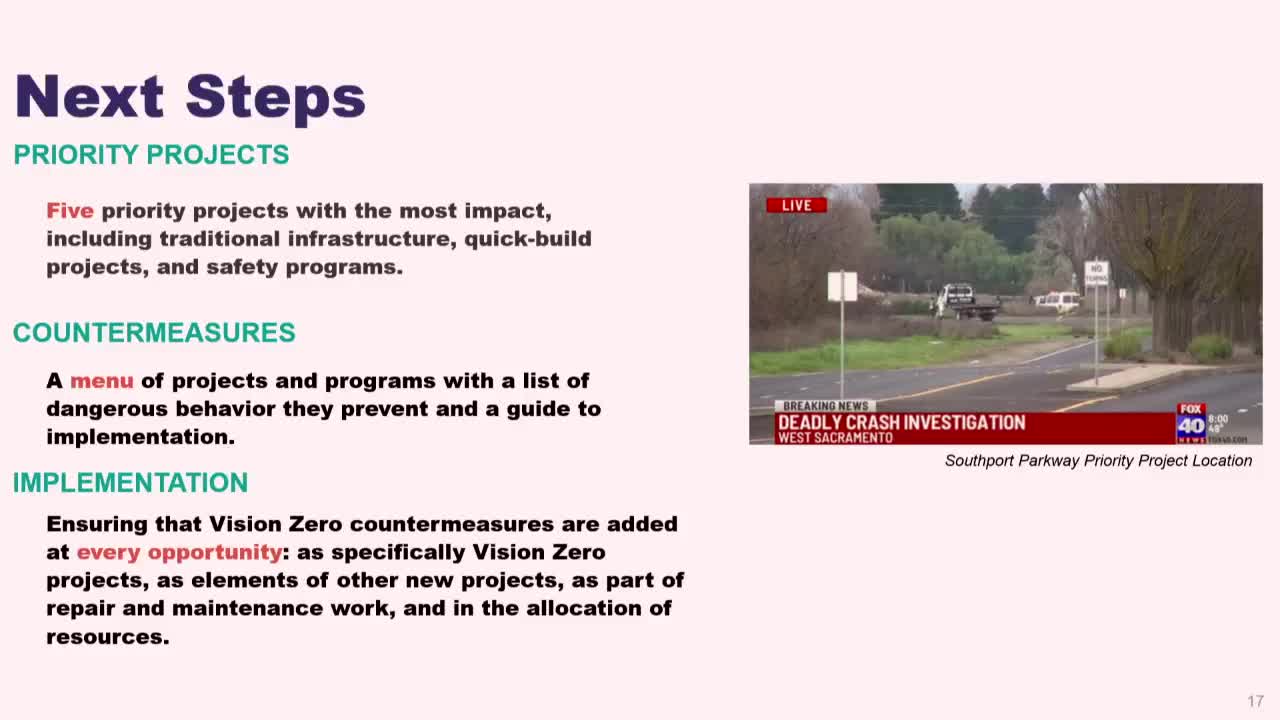
City reports workforce vacancy and recruitment efforts under AB 2561; overall vacancy 10.5% as of Dec. 31, 2024
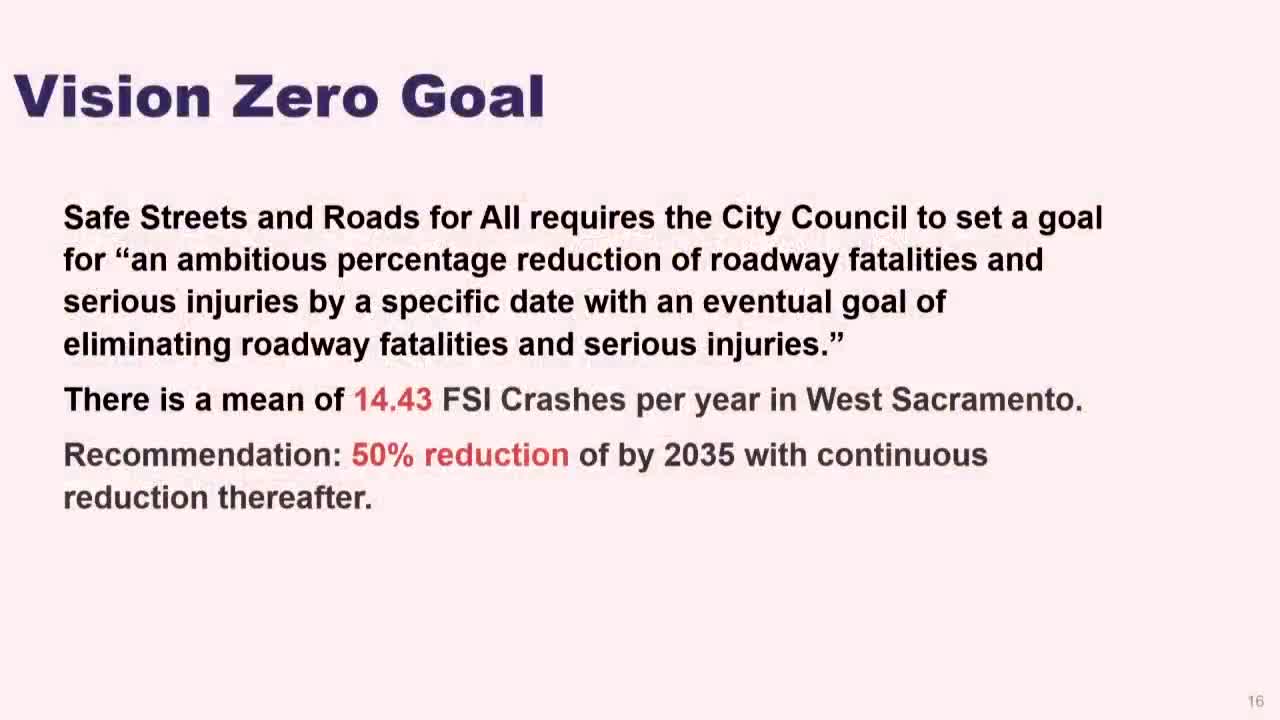
Council approves annual omnibus zoning amendments to Title 17, updating definitions and permitting rules
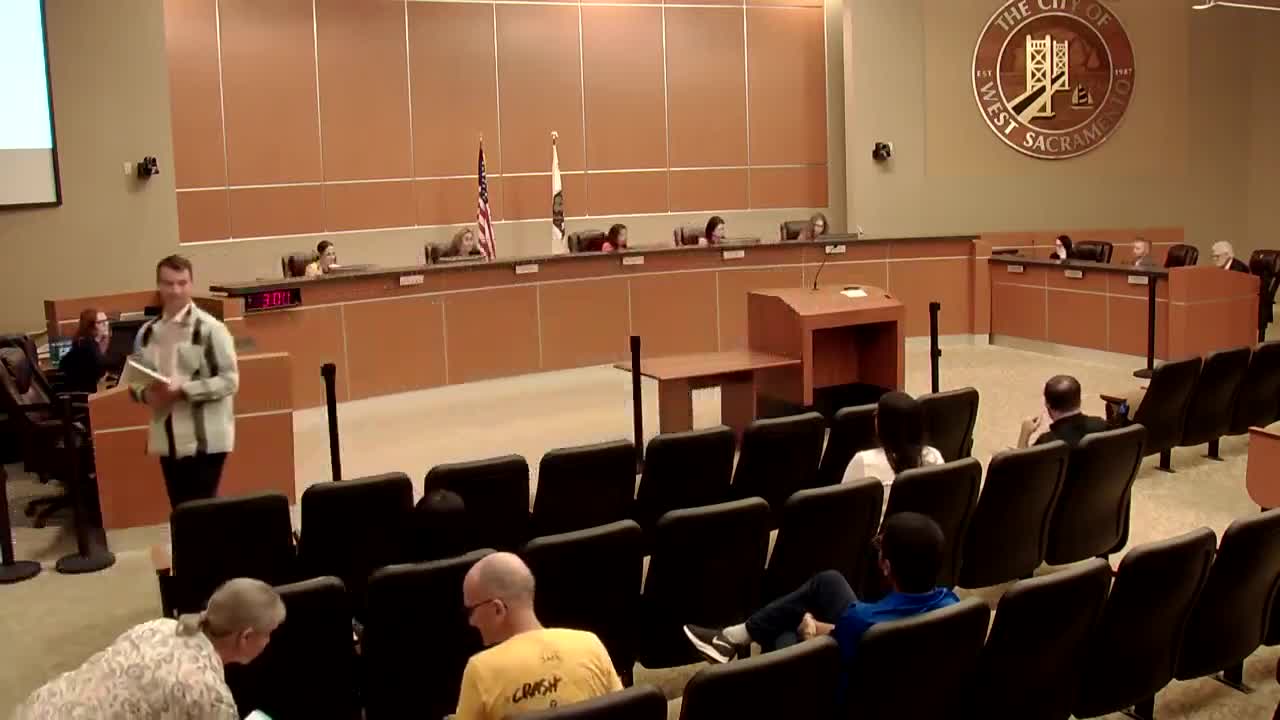
Council OKs in-lieu payment instead of six on-site inclusionary units for Newport 13 subdivision
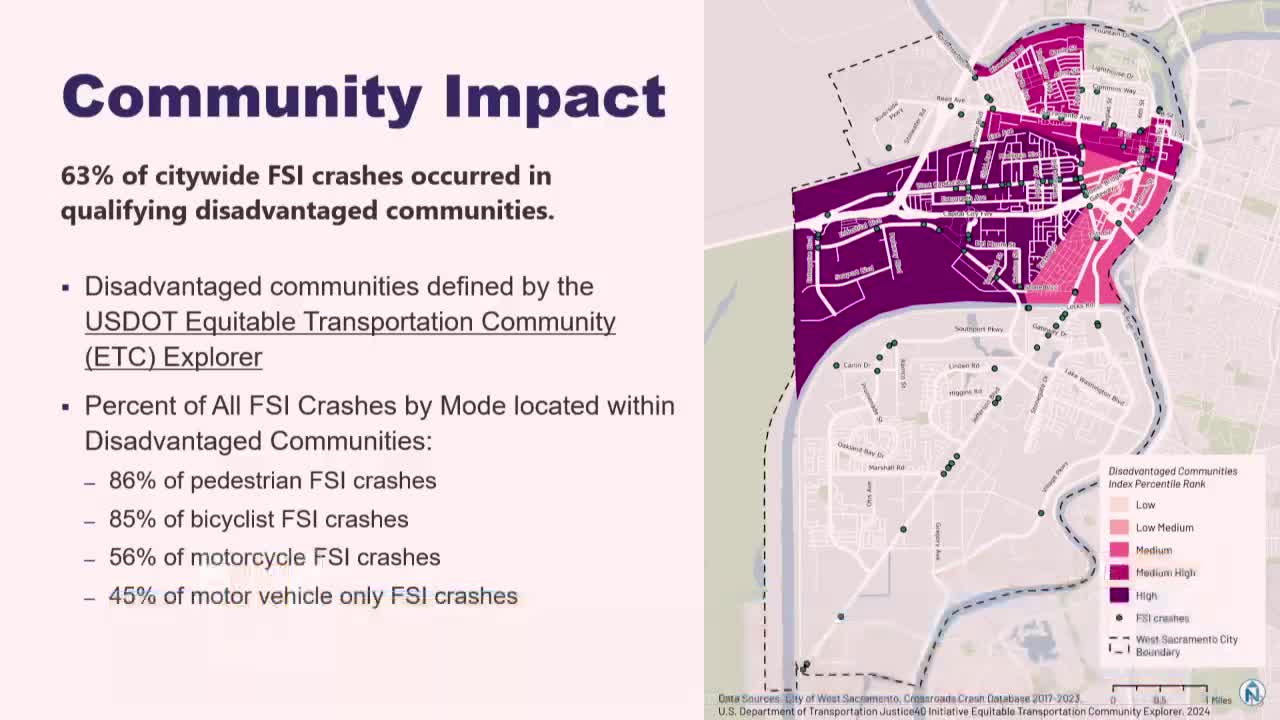
West Sacramento adopts Climate Action and Adaptation Plan, sets interim targets and implementation steps
